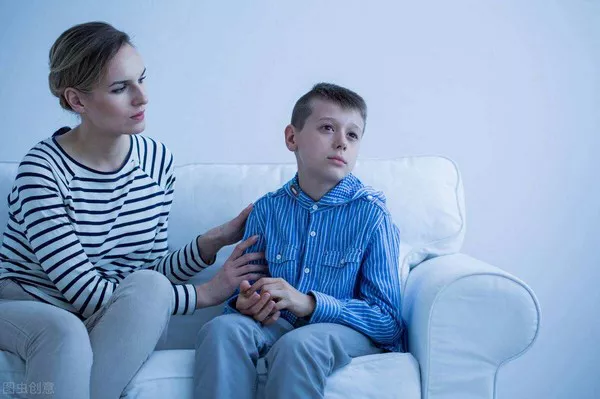The concept of “conscious uncoupling,” popularized by celebrities like Gwyneth Paltrow, is gaining traction in mainstream divorce culture—and mental health professionals are taking note. A report from the Family Process Institute explores how this approach, which emphasizes amicable separation and continued co-parenting, affects the psychological well-being of divorcing couples compared to traditional adversarial splits.
The study followed 800 divorcing couples over two years and found that those who pursued conscious uncoupling reported lower levels of anxiety, depression, and post-divorce trauma. Children in these families also showed better adjustment outcomes.
Key factors for success included mediation instead of litigation, shared rituals to mark the end of the marriage (such as a formal “goodbye” ceremony), and clear agreements about future interactions.
However, the approach isn’t without challenges. Some participants struggled with the pressure to maintain positivity, suppressing natural grief or anger to adhere to the “conscious” ideal. Therapists caution that healthy uncoupling requires space for all emotions—not just peaceful ones—and warn against using the concept to avoid necessary conflict.
This trend reflects a broader cultural shift toward viewing divorce as a transformational process rather than a failure. Mental health professionals are now developing specialized counseling protocols for conscious uncoupling, helping couples navigate this complex emotional terrain with greater self-awareness and mutual respect.





















